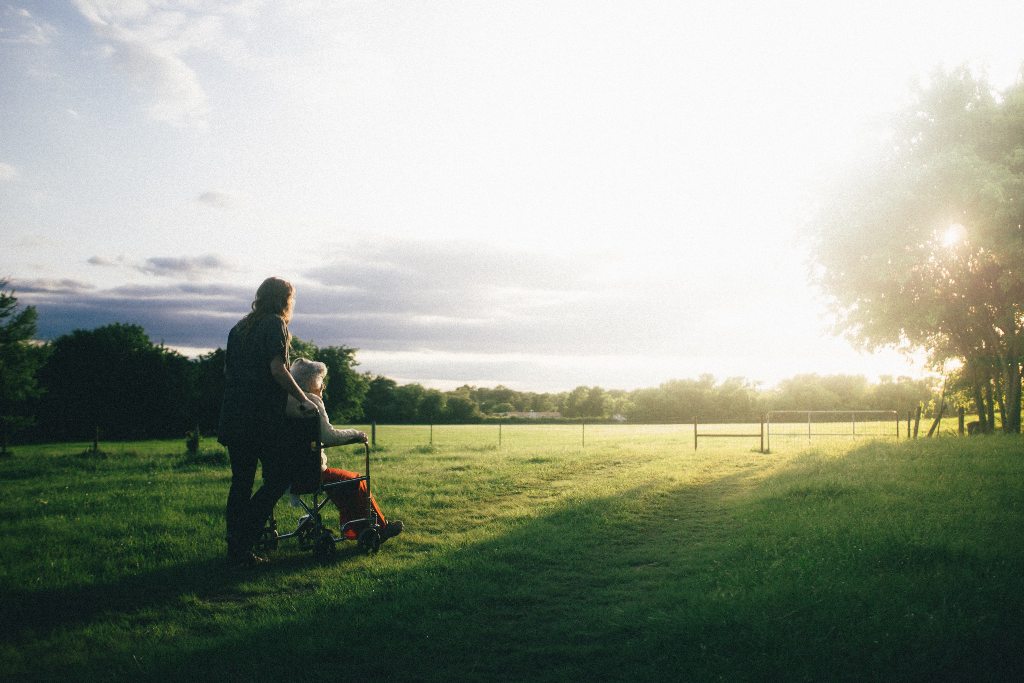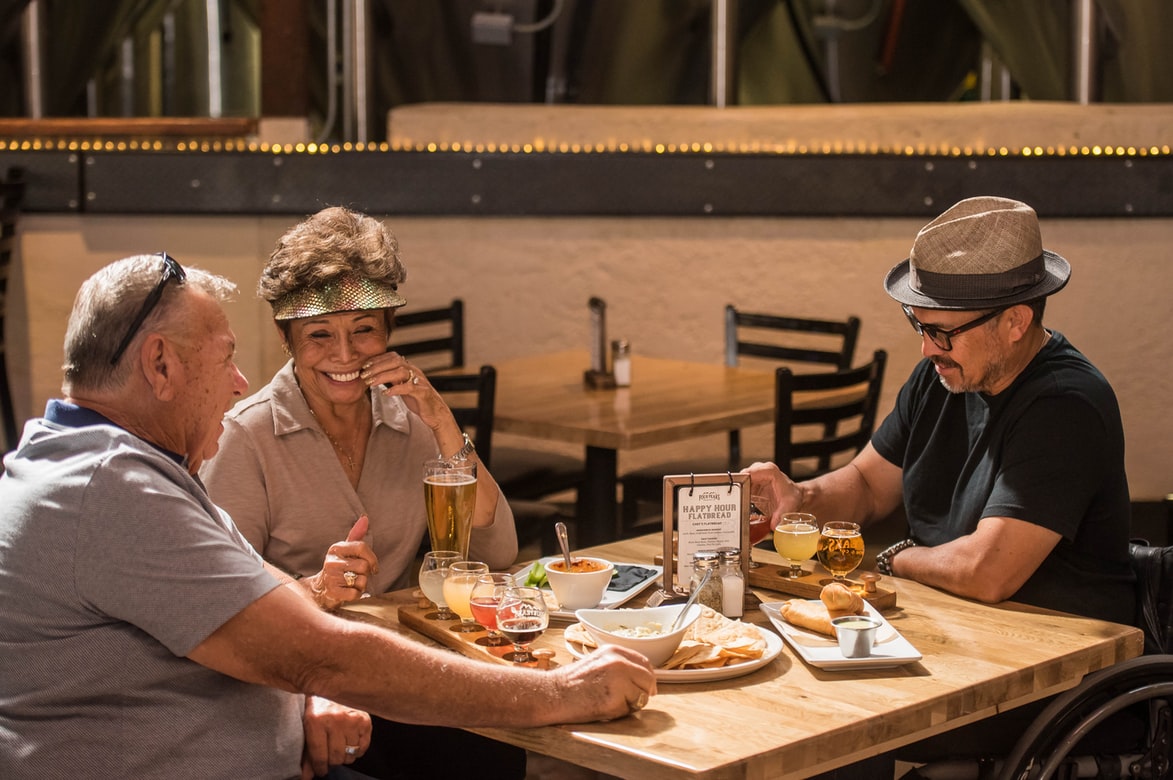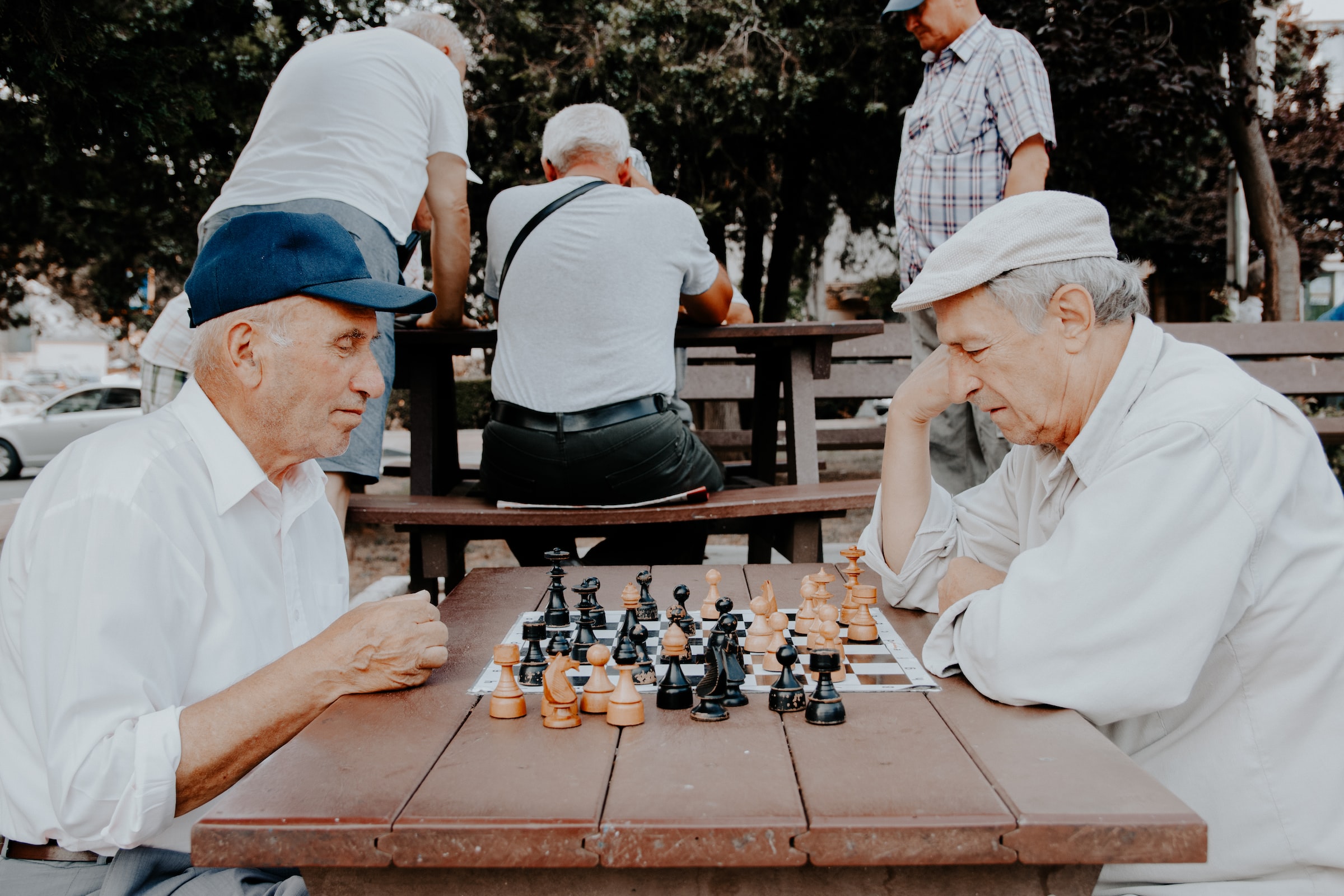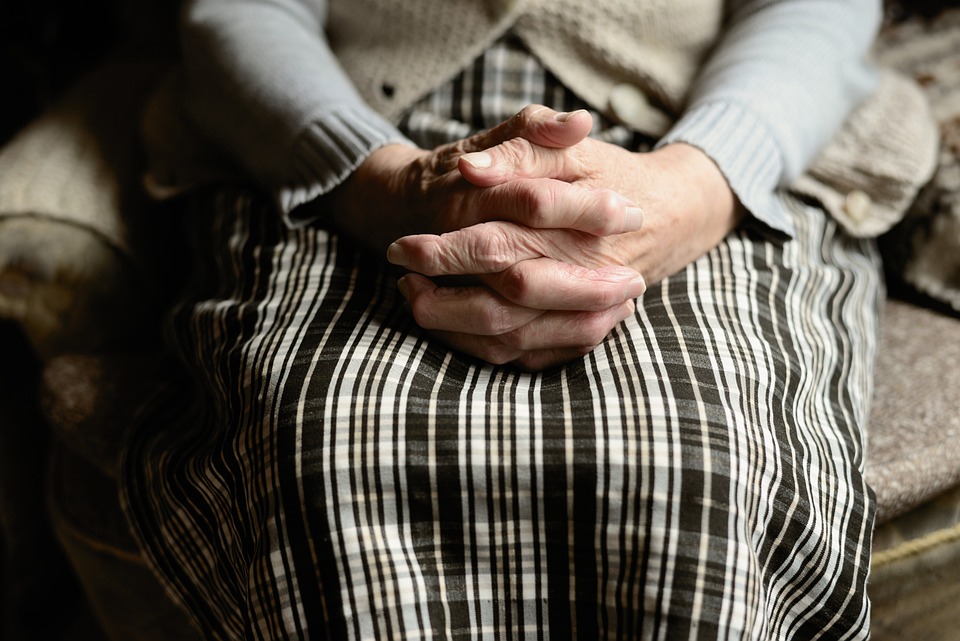Nursing Home for the Elderly
Contents
– Rest home for the elderly: towards autonomy
– Pathologies that are taken care of by this type of establishment
– Nursing home for the elderly: different care units
– Rest home for the elderly: what are the fees?
A rest home for the elderly is a rest and care home like the rehabilitation center, convalescent home, specialized home, psychiatric rest home, palliative care unit, and more.
Rest home for the elderly: towards autonomy
The rest home for the elderly is a medicalized care establishment that ensures the continuity of follow-up and rehabilitation care at the pace of each patient.
The care is provided after the acute phase of hospitalization (medical or surgical) and generally on discharge.
The elderly patient is welcomed for specific care. Their essential mission is to:
– reduce physical disabilities;
– restore the patient’s autonomy;
– to facilitate the return to their home.
But the nursing home for the elderly is often a transitional place between the hospital and the retirement home.
Pathologies that are taken care of by this type of establishment
Nursing homes for the elderly are specialized care centers for older adults:
– requiring multipurpose geriatric follow-up care:
◦ the majority of patients are admitted for dementia, Alzheimer, disorientation;
◦ strokes;
– requiring geriatric follow-up care with a cardiological orientation;
– dependent patients suffering from depression (they can be referred to a psychiatric rest home).
Rest home for the elderly: different care units

The nursing home for the elderly must be of high quality and comply with the legislation (standards and certification).
The basic services of this type of establishment include:
- Accommodation (single room or not).
- Meals.
- Hygiene care.
- Follow-up care specific to each individual.
An efficient medical team
Nursing homes for the elderly have a medical and nursing team specialized in geriatrics, and they are generally present 24 hours a day to provide care.
The medical staff develops an individualized care plan based on a comprehensive assessment of the elderly person entering the nursing home.
Different types of care units depending on patient needs

There are various nursing homes for the elderly to meet the specific needs of each patient:
Short stay care units
Care for elderly patients with multiple and complex pathologies.
Long-term care units
– Their main objective is to accommodate dependent persons whose condition requires medical supervision and prolonged treatment.
– The multidisciplinary medical team defines a life and care plan for each patient.
Day hospitals (alternative to hospitalization)
– They define the diagnostic acts and the assessment for the patient.
– The specialized medical team provides support to families and ensures rehabilitation for the patient’s return home.
Hospitalization at home
It allows the elderly person to remain at home as much as possible while receiving medical care.
Palliative care units
These units provide relief to elderly people nearing their end of life while supporting their families (dedicated beds, mobile teams).
Good to know: there are geriatric consultations specialized in the prevention and treatment of age-related pathologies and training workshops to help and familiarize the patient’s family and friends with the specific needs of geriatrics.
Nursing home for the elderly: what are the fees?

The nursing home for the elderly can be a public or private facility, which impacts the daily rate.
Rates: public or private establishment?
If the establishment is not a contracted facility, the health insurance will not pay for anything. Suppose a private medical facility affiliated with a social security organization provides the services stipulated in the agreement and is subject to the relevant inspections. In that case, the health insurance will pay a part of the costs, the rest being paid by the patient or by the health insurance company if the patient has one.
What about long-term care units
The health insurance pays the daily rate (care package): it is paid directly to the establishment:
– The accommodation rate varies according to the type of accommodation: a single room or not.
– The dependency rate varies according to the degree of dependency, which the doctor evaluates upon admission.
Hope this blog has pleased you. Please, remember to share your experience in the comment box below.







[…] Nursing Home for the Elderly; […]
[…] Nursing Home for the Elderly; […]
[…] While child abuse is recognized, little is known about the abuse that can occur to an elderly person in a nursing home. […]
[…] the admission file has been compiled, the nursing home will decide whether or not to accept the future resident, depending on his or her state of health […]